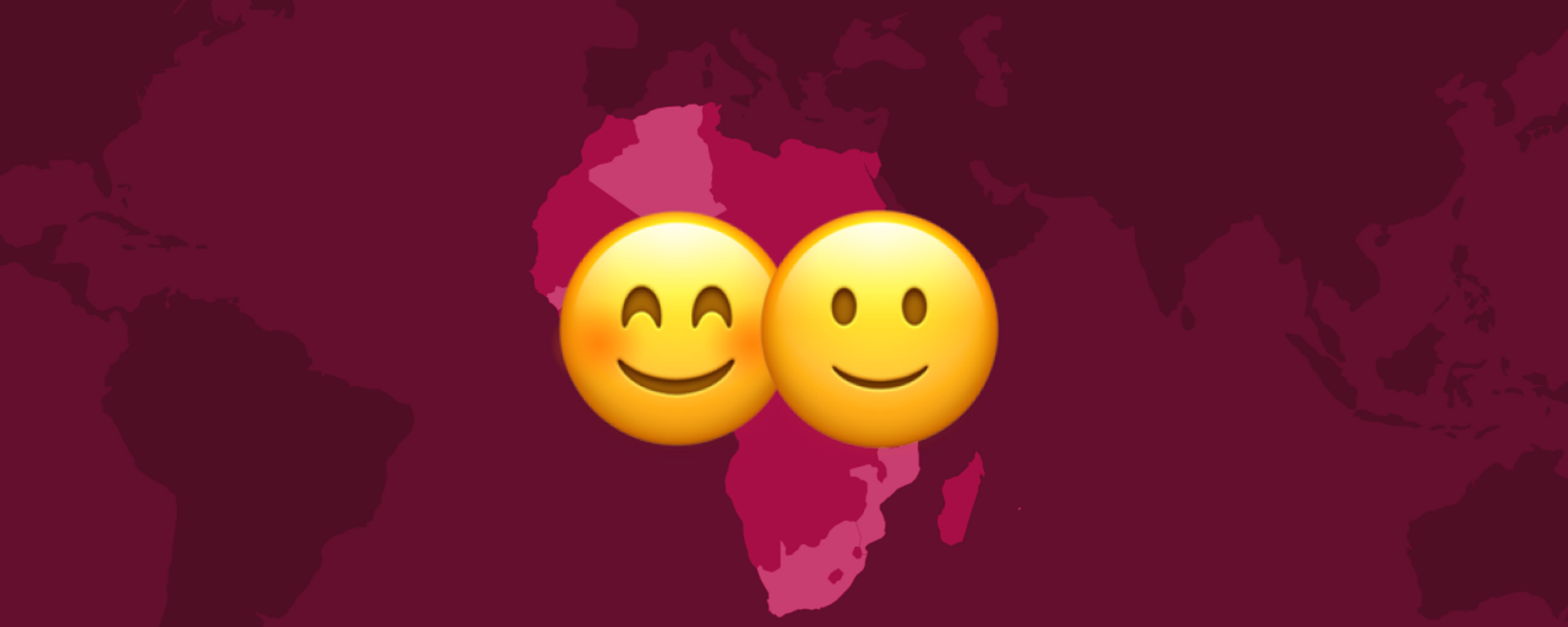https://sputnikglobe.com/20230402/drones-against-malaria-unprecedented-project-in-rwanda-making-great-strides-1109051514.html
Drones Against Malaria: Unprecedented Project in Rwanda Making Great Strides
Drones Against Malaria: Unprecedented Project in Rwanda Making Great Strides
Sputnik International
In collaboration with the Rwanda Biomedical Center, Rwandan Charis Unmanned Aerial Solutions (UAS) drone company developed a protocol on how to use drones and 3D geospatial data to fight malaria, Eric Rutayisire, UAS CEO said.
2023-04-02T15:05+0000
2023-04-02T15:05+0000
2023-04-02T15:05+0000
africa
east africa
rwanda
drones
malaria
disease
medicine
https://cdn1.img.sputnikglobe.com/img/106423/18/1064231866_0:0:1920:1080_1920x0_80_0_0_a10c5b55061f666e69df641ab6453740.jpg
In collaboration with the Rwanda Biomedical Center, Rwanda's Charis Unmanned Aerial Solutions (Charis UAS) drone company has developed a protocol on how to use drones and 3D geospatial data to fight the mosquito-borne disease, Eric Rutayisire, founder and Charis UAS CEO, told African media, adding that the project has been extended in 2023 after its success.The success of the project led to its expansion in 2023. Charis UAS has scaled up its activities in Rugende and Kabuye, two communities heavily affected by malaria. Drones are now used to map mosquito breeding sites, allowing for targeted interventions, Rutayisire explained. Following the mapping, drones are thus used to spray larvicides in mosquito breeding sites. It works in conjunction with community mobilization, where drones are equipped with megaphones to deliver a pre-recorded message about malaria control measures.Results and ProjectsThe project had a significant impact in 2020 already. In fact, the Rwanda Biomedical Center has reported a reduction in malaria cases in the Jabana area by 90.6%, from 12,041 cases to 1,129 cases, in just eight months of drone intervention, according to information from a Rwandan media outlet.Health professionals in the community have also noticed a reduction in malaria cases, reports say.The plan to use drones against malaria in Rwanda took root in 2019. At the time, the Rwandan government partnered with local drone services company Charis UAS.Together, they introduced an innovative approach to combat the increase in malaria cases due to changes in anopheles mosquito behavior and the intensification of irrigated agriculture, African media report.As for the future, Charis UAS plans to expand to four more districts in Rwanda as well as to start work in other African countries.Experience of Other African NationsFor some years now, drones with the same objectives have also been used in Tanzania and the Ivory Coast.In addition, the vaccination method is used in Kenya. After setting up an experiment in 2019, the country launched a campaign in 2023 using the world's first malaria vaccine. According to data reported in early March, more than 400,000 children have been vaccinated against the mosquito-borne disease in the East African nation.
https://sputnikglobe.com/20230324/africas-top-10-happiest-countries-1108743781.html
africa
east africa
rwanda
Sputnik International
feedback@sputniknews.com
+74956456601
MIA „Rossiya Segodnya“
2023
Sputnik International
feedback@sputniknews.com
+74956456601
MIA „Rossiya Segodnya“
News
en_EN
Sputnik International
feedback@sputniknews.com
+74956456601
MIA „Rossiya Segodnya“
Sputnik International
feedback@sputniknews.com
+74956456601
MIA „Rossiya Segodnya“
east africa, mosquito-borne disease, malaria disease, rwanda biomedical center, charis unmanned aerial solutions, eric rutayisire, health professionals, healthcare workers, rwandan government
east africa, mosquito-borne disease, malaria disease, rwanda biomedical center, charis unmanned aerial solutions, eric rutayisire, health professionals, healthcare workers, rwandan government
Drones Against Malaria: Unprecedented Project in Rwanda Making Great Strides
With malaria killing hundreds of thousands of people each year, Rwanda is among the first countries in Africa to deploy and integrate drones in the country's most endemic areas to achieve a significant result.
In collaboration with the Rwanda Biomedical Center, Rwanda's Charis Unmanned Aerial Solutions (Charis UAS) drone company has developed a protocol on how to use drones and 3D geospatial data to fight the mosquito-borne disease, Eric Rutayisire, founder and Charis UAS CEO, told African media, adding that the project has been extended in 2023 after its success.
The success of the project led to its expansion in 2023. Charis UAS has scaled up its activities in Rugende and Kabuye, two communities heavily affected by malaria. Drones are now used to map mosquito breeding sites, allowing for targeted interventions, Rutayisire explained.
Following the mapping, drones are thus used to spray larvicides in mosquito breeding sites.
It works in conjunction with community mobilization, where drones are equipped with megaphones to deliver a pre-recorded message about malaria control measures.
The project had a significant impact in 2020 already. In fact, the Rwanda Biomedical Center has reported a reduction in malaria cases in the Jabana area by 90.6%, from 12,041 cases to 1,129 cases, in just eight months of drone intervention, according to information from a Rwandan media outlet.
Health professionals in the community have also noticed a reduction in malaria cases, reports say.
The plan to use drones against malaria in Rwanda took root in 2019. At the time, the Rwandan government partnered with local drone services company Charis UAS.
Together, they introduced an innovative approach to combat the increase in malaria cases due to changes in anopheles mosquito behavior and the intensification of irrigated agriculture, African media report.
As for the future, Charis UAS plans to expand to four more districts in Rwanda as well as to start work in other African countries.
Experience of Other African Nations
For some years now, drones with the same objectives have also been used in Tanzania and the Ivory Coast.
In addition, the vaccination method is used in Kenya. After setting up an experiment in 2019, the country launched a campaign in 2023 using the world's first malaria vaccine. According to data reported in early March, more than 400,000 children have been vaccinated
against the mosquito-borne disease in the East African nation.



